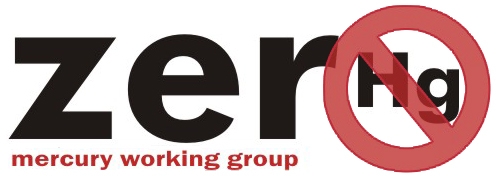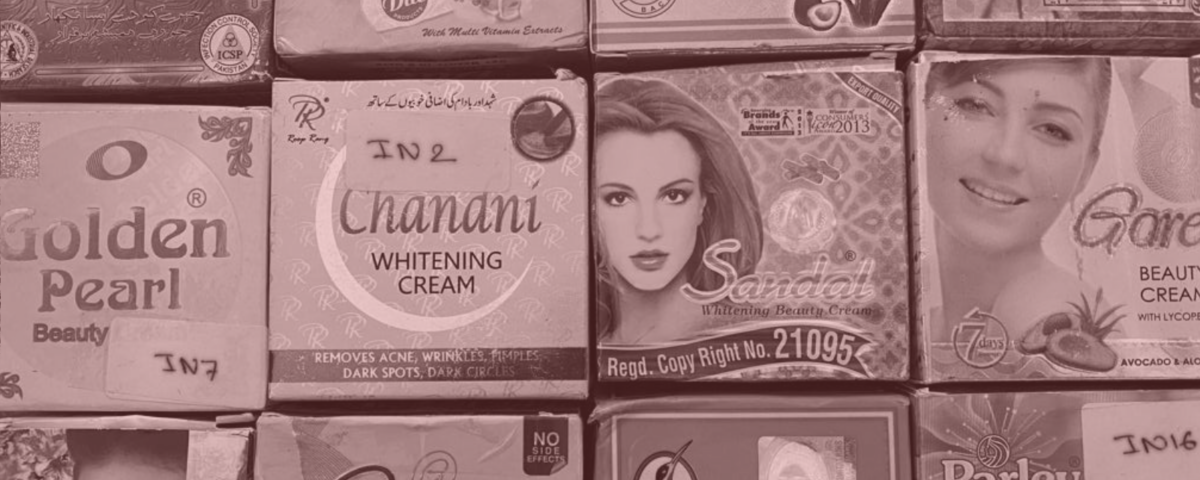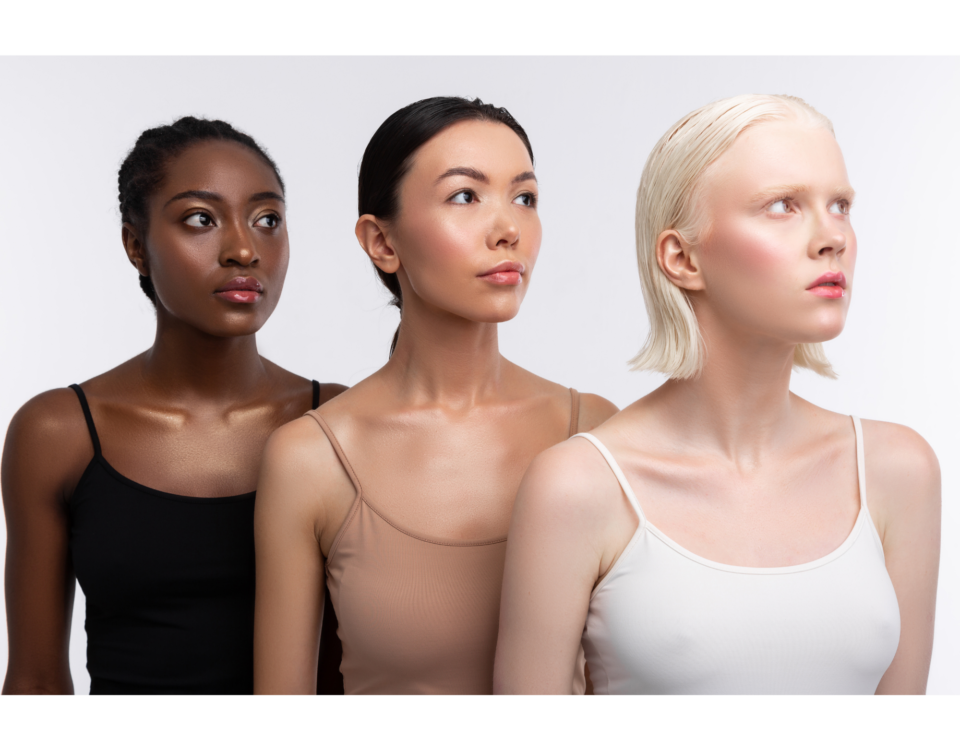Today, as the United Nations highlights “the urgent need to address the harmful effects” of mercury added skin lightening products (SLPs) on the International Day for Elimination of Racial Discrimination on March 21, advocates are calling on governments to enforce bans and collaborate globally to end the toxic beauty trade.

Geneva—Today, as the United Nations highlights “the urgent need to address the harmful effects” of mercury added skin lightening products (SLPs) on the International Day for Elimination of Racial Discrimination on March 21, advocates are calling on governments to enforce bans and collaborate globally to end the toxic beauty trade.
“The skin-lightening industry is rooted in racism and colonization” said Micaela E. Martinez, Ph.D., Director of Environmental Health, WE ACT for Environmental Justice. “Much of this comes from the normalization of Euro-centric beauty standards around the world, coupled with deliberate marketing of harmful products to people of color to fulfill these standards.”
Despite national governments and Minamata Convention bans, however, mercury SLPs continue to be sold around the globe, both in local markets/stores and on the internet. This is due in large part to the lack of a national sales ban and coordinated enforcement, particularly of illegal and toxic online sales by E-commerce giants like Amazon and eBay, and third-party vendors.
“The manufacture, distribution, and sale of toxic cosmetics is a global threat to public health that requires coordinated international action,” said Michael T. Bender, Co-coordinator of the Zero Mercury Working Group. “Internet platforms must stop these illegal products from being sold on their sites and the Parties to the Minamata Convention should take measures to ensure that.”
Mercury is added to SLPs because it lightens the skin by suppressing the production of melanin. It is harmful because it is a persistent neurotoxin that can cause severe adverse health effects. Due to its ability to vaporize and spread within a home, mercury in cosmetic products is not only a danger to the user, but may also poison other people in the home where the products are used. Infants, children, and the developing fetus are particularly vulnerable.
“Mercury is one of the most toxic chemicals on the planet. The ongoing, illegal sale of these products is a travesty that is impacting women of color globally, and it must stop.” Said Elena Lymberidi-Settimo, ZMWG co-coordinator. “We urge governments and other interested parties to submit information to the Minamata Convention Secretariat on the challenges faced and outlining steps that effectively stop the production, trade, advertising and sale of mercury SLPs.”
A global industry estimated to be worth $32.1 billion by 2024, skin lighteners and whiteners are most often marketed to people of color. Due to the lack of ingredients disclosure on the labels, users are often unaware of the toxic ingredients in SLPs and the harm they pose to their health. Advocates contend that it is not only just exposure to mercury itself, but the entire life cycle of mercury that adds to both the cumulative and disproportionate impacts on communities of color.
###
For media inquiries contact:
Micaela E. Martinez, WE ACT for Environmental Justice, micaela.martinez@weact.org, +1-917-597-4282
Michael Bender, Zero Mercury Working Group, mercurypolicy@aol.com, +1-802-917-8222
Elena Lymberidi-Settimo, Zero Mercury Working Group, elena.lymberidi@eeb.org
Further reading
- [1] Minamata Convention on Mercury: https://minamataconvention.org/en
- [2}Numerous peer-reviewed studies confirm the negative impacts of mercury added SLPs on human health. Moreover, the World Health Organization has recognized that mercury is a “major public health concern,”(https://www.who.int/publications/i/item/9789240023567 and has outlined its concerns about mercury SLPs in a fact sheet (https://www.who.int/publications/i/item/9789240023567)
- [3] ZMWG testing indicates that hundreds if not thousands of toxic SLPs are available on the global market, containing from 2-10% mercury by weight. ZMWG released a reports in February and October 2023, among earlier studies, clearly showing continuing illegal sales of high mercury SLPs by Amazon.com (https://eeb.org/library/online-sales-of-illegal-high-mercury-skin-lightening-products/ ) and globally (www.zeromercury.org/mercury-added-skin-lightening-creams-campaign)
- [4] WE ACT for Environmental Justice has published a recent study on the use of SLPs in Northern Manhattan (https://www.liebertpub.com/doi/10.1089/env.2022.0053)
- [5] The Beauty Inside Out Campaign, run by WE ACT for Environmental Justice, is a campaign against toxic chemicals in cosmetics marketed to people of color (https://www.weact.org/campaigns/beauty-inside-out/).
- [6] Support the UN hashtags and spread the word through sharing the following key messages: #SayNoToHate #FightRacism #MercuryFreeCosmetics
- US focused ZMWG PR, 7 November 2023, https://www.zeromercury.org/un-convention-agrees-to-phase-mercury-out-of-cosmetics-by-2025/
- https://minamataconvention.org/en/news/minamata-convention-cop-5-takes-crucial-steps-its-mission-eliminating-mercury-pollution
- ZMWG report and PR , 12 October 2023, https://www.zeromercury.org/mercury-added-skin-lightening-creams-campaign/ , https://www.zeromercury.org/bebuilder-3548/
- EIA investigative report, 17 October 2023, https://www.zeromercury.org/new-eia-report-exposes-a-global-failure-to-prevent-the-deliberate-addition-of-toxic-mercury-to-skin-lightening-products/
- NRDC report on compounds, https://www.nrdc.org/sites/default/files/2023-10/mercury-compounds-inventory-feasibility-study-202303.pdf





